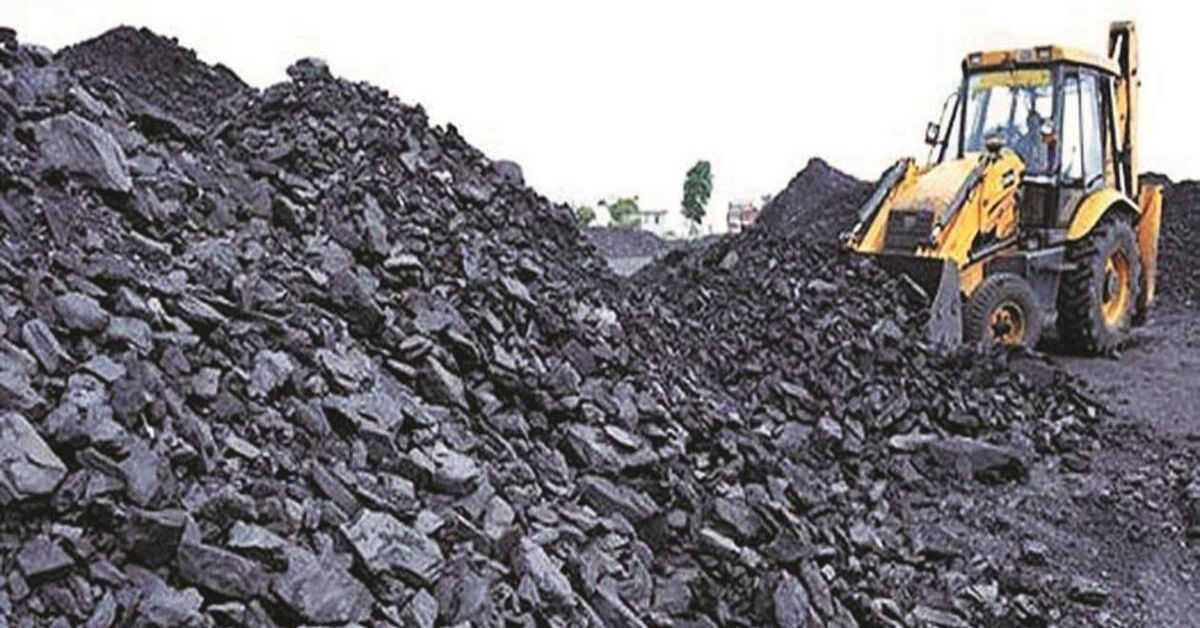Brick and cement prices are expected to rise amid a hike in coal prices and supply constraints, domestic manufacturers said. Coal is used as the primary fuel source in brick and cement manufacturing.
Mahendra Bahadur Chitrakar, president of the Federation of Nepal Brick Industries said that the import of coal from Meghalaya, India has dropped to almost zero. Domestic brick factories import 75 percent of their coal from Meghalaya, he said. Due to India directing their coal supply to internal industries, domestic brick manufacturers were compelled to import coal from third countries including the US and Indonesia at higher prices. Brick factories are fully dependent on coal imported from India.
“The price to import coal from the US and Indonesia has more than doubled to Rs42 per kg from Rs20 per kg in 2020,” Chitrakar said. Even after paying a premium, brick factories are still facing a shortage of coal, he added.
According to Chitrakar, Kathmandu-based brick factories are now using coal imported from Ranigunj of India including coal from the US and Indonesia. “We used to import coal from Ranigunj at around Rs16 per kg, but now we have to pay around Rs32 per kg,” Chitrakar said.
With the rise in coal price, fuel price and hike in labour cost, bricks will become dearer by 25-30 percent, Chitrakar said.
According to the federation, there are around 1,250 brick factories in the country directly employing around 350,000 people. Only 50 percent of brick factories were operating in the last year due to the pandemic which has increased to around 800 factories currently.
The coal shortage is not expected to create a shortage of bricks in the market as old stock is remaining in Kathmandu, Sarlahi and Rautahat, Chitrakar said.
The international media reported that China and India have largely solved their domestic coal supply issues but increasing the output is yet to be reflected in the price of seaborne supplies in Asia.
According to the Nepal Rastra Bank, the import of coal increased by 50.7 percent to Rs7.5 billion in the first four months of the current fiscal year (mid-July to mid-November) compared to the same period last fiscal year 2020-21. The import stood at Rs27.12 billion in the last fiscal year.
Nepal imported coal worth Rs2.99 billion from India in the first four months of the current fiscal year, increasing by 149.2 percent in the same period last fiscal year 2020-21. The country imported coal of Rs5.7 billion from India in the last fiscal year.
Dhurba Raj Thapa, president of Cement Manufacturers’ Association of Nepal said that coal price has increased to $190-$200 per tonne from $70-$75 per tonne within five months.
The domestic cement factories have been mostly importing coal from South Africa. There is no supply problem with coal, Thapa said.
“Cement prices are expected to increase by 15-20 percent as coal prices contribute around 25 percent to the cost of production,” Thapa said. Cement is priced between Rs600 to Rs700 per bag in retail, he said.
As cement factories start using higher-priced coal, prices will increase, Thapa said. Due to slow government capital expenditure, the demand for cement in the market has also dropped, he said.
According to the association, 64 cement factories are operating in the country. Out of them, 21 factories are also producing clinkers.
The brick manufacturers in the eastern region said that the price of new bricks will increase by at least Rs4 to 5 per brick from the last week of December.
Until a few months ago, A-grade bricks were available at Rs25 to Rs26 per piece in the eastern region. As brick prices rise, construction traders and contractors will adjust the price accordingly which will increase the investment cost of construction work.
Ishwor Thapa, a brick entrepreneur, said that the unseasonal rainfall in October damaged 90 percent of kilns in the east and factories would not be able to produce as much.
“Tens of thousands of bricks ready for kilns have been ruined by the rainfall which delayed production. The price is going to be expensive with increasing fuel prices as well,” he said.
Sohan Shrestha, a brick retailer in Dharan said that the demand for new bricks is high in the eastern region. There are around 85 brick factories in Sunsari, Morang and Jhapa. Timsina said that about 3 million bricks are produced annually from one brick factory.
Source : Kathmandu Post







